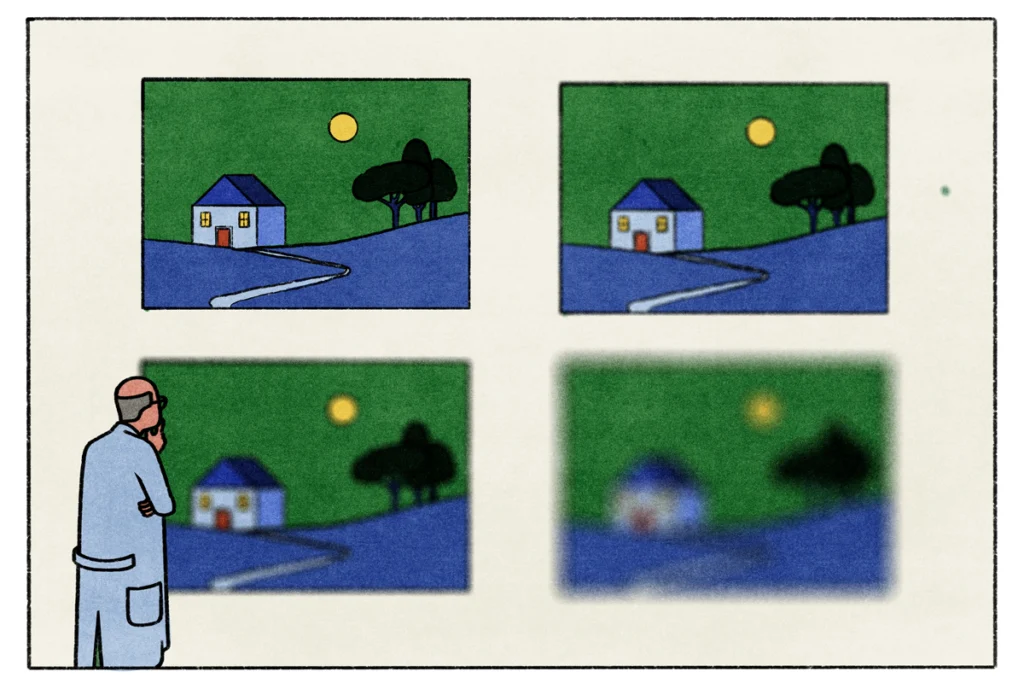Tomás Ryan is associate professor of neuroscience in the School of Biochemistry and Immunology and a principal investigator at the Trinity College Institute of Neuroscience at Trinity College Dublin in Ireland. He holds a joint faculty position at the Florey Institute of Neuroscience of Neuroscience and Mental Health at the University of Melbourne in Australia. His research group aims to understand how memory engrams change over development and how they interact with innate representations. His primary research is supported by the European Research Council, Science Foundation Ireland, the Jacobs Foundation and the Lister Institute of Preventive Medicine, among other sources. Ryan is a CIFAR Azrieli Global Scholar in the Canadian Institute for Advanced Research. With Francis Fallon, he co-founded and co-directs the project Representation: Past, Present, and Future, supported by the Wellcome Trust Institutional Strategic Support Fund as part of Trinity College Dublin’s Neurohumanities program.

Tomás J. Ryan
Associate professor of neuroscience
Trinity College Dublin
From this contributor
What are we talking about? Clarifying the fuzzy concept of representation in neuroscience and beyond
To foster discourse, scientists need to account for all the different ways they use the term “representation.”
Explore more from The Transmitter
New connectomes fly beyond the brain
Researchers are mapping the neurons in Drosophila’s ventral nerve cord, where the central nervous system meets the rest of the body.

New connectomes fly beyond the brain
Researchers are mapping the neurons in Drosophila’s ventral nerve cord, where the central nervous system meets the rest of the body.
Building an autism research registry: Q&A with Tony Charman
A purpose-built database of participants who have shared genomic and behavioral data could give clinical trials a boost, Charman says.

Building an autism research registry: Q&A with Tony Charman
A purpose-built database of participants who have shared genomic and behavioral data could give clinical trials a boost, Charman says.
Cerebellar circuit may convert expected pain relief into real thing
The newly identified circuit taps into the brain’s opioid system to provide a top-down form of pain relief.

Cerebellar circuit may convert expected pain relief into real thing
The newly identified circuit taps into the brain’s opioid system to provide a top-down form of pain relief.
